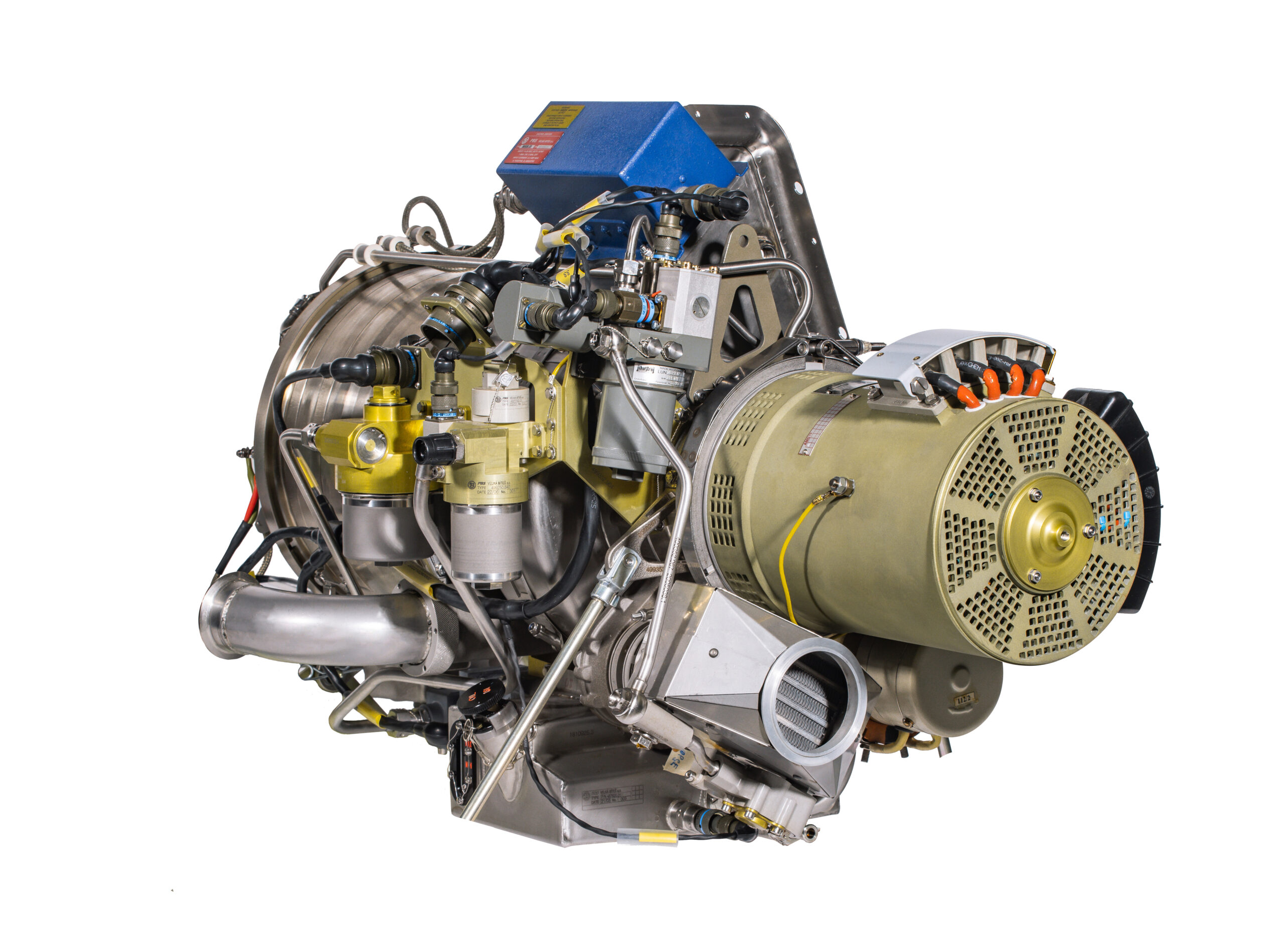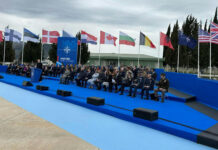Czech turbine engine and auxiliary power unit (APU) specialist Prvni brnenska strojirna Velka Bites (PBS) announced the launch of a new APU for medium helicopters, the SPARK 40, at the Paris Air Show on 20 June 2023.
A launch ceremony for the new unit took place on the PBS stand at the show, attended by VIPs that included Czech Minister for Industry and Trade Jozef Síkela; Radka Konderlova, Director General of the Industrial Cooperation Division at the Czech Ministry of Defence; and PBS CEO Milan Macholan.

The SPARK40 represents the new generation of the successful SAFIR 5k/G MI APU, of which more than 1,200 units are already operating worldwide. However, significant changes have been made to individual subsystems and parts to improve the system’s overall reliability and expand its operating envelope.
According to PBS, a completely new combustion chamber was designed for the SPARK40 to improve fuel burning and optimise starting at higher altitudes, while a new control unit was also developed to allow a maximum operating altitude of 8,000 m above mean sea level.
The fuel system was also remade to decrease the risk of spontaneous ignition, the return fuel line to the airframe fuel system was cancelled, fire-resistant shielding of attachment points and fireproof insulation of cables were added, and the combustion chamber housing and other connecting surfaces are now made of stainless steel.

The SPARK40 has a maximum electrical power output of 40 kVA, which PBS says is double that of previous-generation APUs. Its power supply capability is cited by PBS as 3x 115 V/200 V/400 Hz, while its bleed air extraction is given as 27 kg/min. Meanwhile, the SPARK40 weighs less than its predecessors and has a lower fuel consumption (60 kg/hod), according to PBS.
Company representatives at the show noted that the SPARK40 has already secured its first customer, which was identified only as relating to a “NATO helicopter project”.
Peter Felstead












